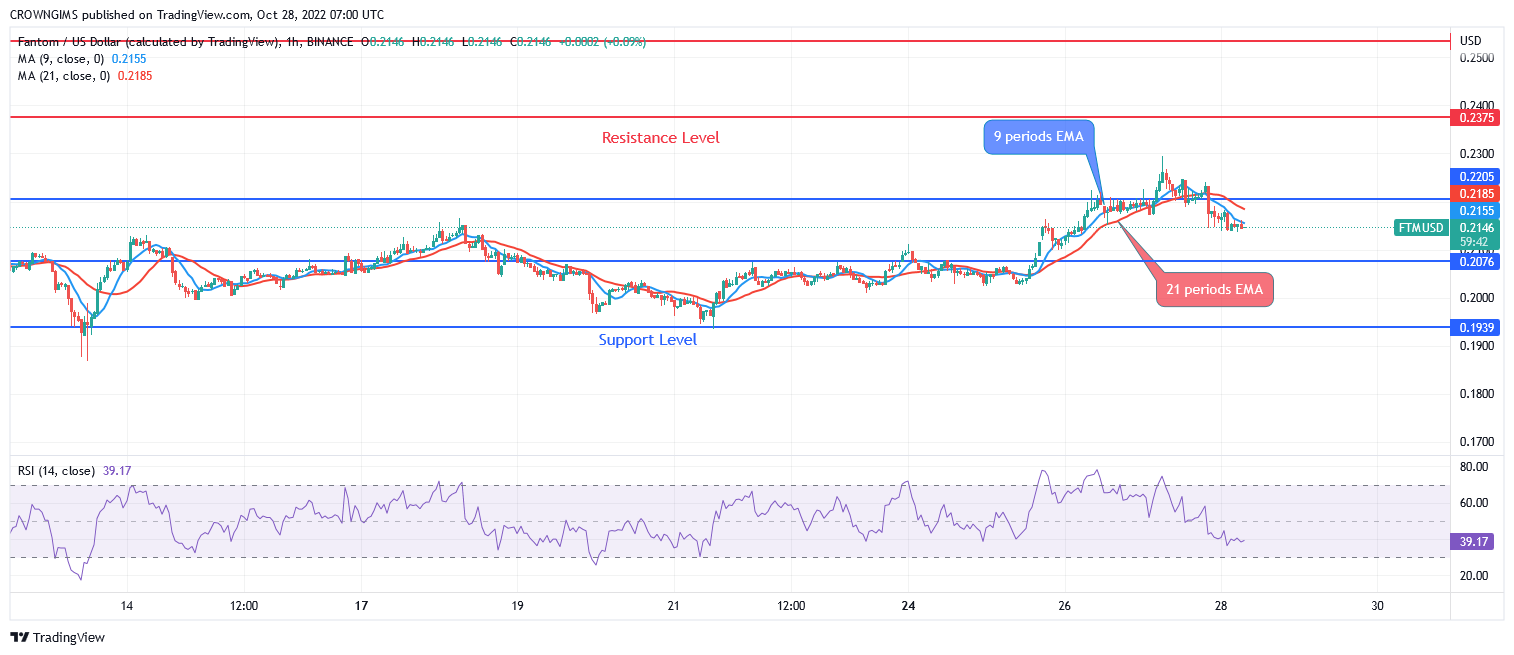Blockchain is the latest and one of the most in-demand developments of the 21st century. Cryptocurrencies and bitcoins have become popular medium of exchange in the trading world today. Blockchain is a ledger and chain system-based network used for its application.
Blockchain is a decentralized ledger-based network technology that records almost any form of digital asset and transactions without involving any third party in the procedure. Since the key to any business is data, the party which gathers it faster and most accurately always has an upper hand. The blockchain serves as the best medium to gather information on the data and is evidently quick in doing so.
The data with the help of Blockchains is transferred efficiently, quickly, and through an immutable ledger that can only be accessed by the permissioned members of the network.
What exactly is a Consortium Blockchain? A Consortium blockchain is basically a subtype of Blockchain but possesses a lower number of nodes than a public Blockchain making it more secure and scalable in nature. It is less transparent than a public chain and the load on the network is reduced as it has fewer members and nodes.
A Consortium Blockchain is a type of network that has fewer members. The network uses a voting-based system that allows it to work efficiently and have really low latency. Each node can register a transaction but is not allowed to add a block by itself. A block for the transaction is only added if and only if the majority of nodes agree or are in support of the transaction, making it much more secure than a public chain. This ultimately helps to gain greater exposure and innovation.
The number of members in the network being lesser than a public network makes it difficult for a single entity to manipulate the system, as the influence of the group is reflected in the size of the system. This type of network fits great for companies who aim for growth and maximization of their profit. Like every single entity in the world Consortium Blockchain has its own benefits and disadvantages. The pros of the network outnumber its cons taking it close to being an ideal network for trading.
The network is completely controlled by a single party but is very immune to monopoly. This allows each member to make their own rules, they are even allowed to delete or revise erroneous transactions, modify balances, and take other measures to foster beneficial cooperation for firms with a common goal provided all members agree. The information from the authorized blocks is disclosed to the public and is only admissible to consortium members, the privacy of the consortium has a higher level of privacy. There are also no transaction charges compared to the public Blockchain networks.
The Consortium Blockchain networks are very vulnerable to thugs because of their centralized systems. The idea of only a few members being involved makes it difficult to conclude which one of them is corrupt. Although the transactions in the network are swift and secure, the setting up of the system takes a lot of time and effort as each member of the network needs to approve the protocol of communication. Similarly, the upgradation of the network is hectic and drastically slow when a new organization joins the system. The fight for Enterprise collaboration often hinders the field’s development.
The Consortium Blockchain network in recent times is being used in a variety of different industries namely Finance and Banking, Logistics, Healthcare and Insurance, and many more. The trade of assets, creating a network for optimal tracking of products, and identifying ways of supplying products are the situations where the consortium network plays a major part.
The Consortium Blockchain is a correct mix between the public and private configurations. The consortium blockchain can optimize and increase communications and operational flow between the parties if you want to reap the maximum economic benefits for your business while partnering with other firms. Any entity can utilize an open-source platform that is appropriate for the industry and its goals to construct it. The Consortium Blockchain is best suitable for the above-mentioned industries. The idea of implementing one’s own rule while keeping the circumstances in mind is a brave and astonishing idea.















